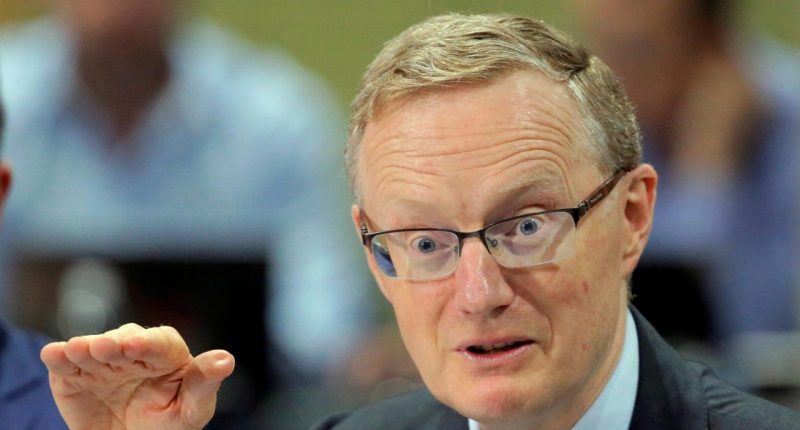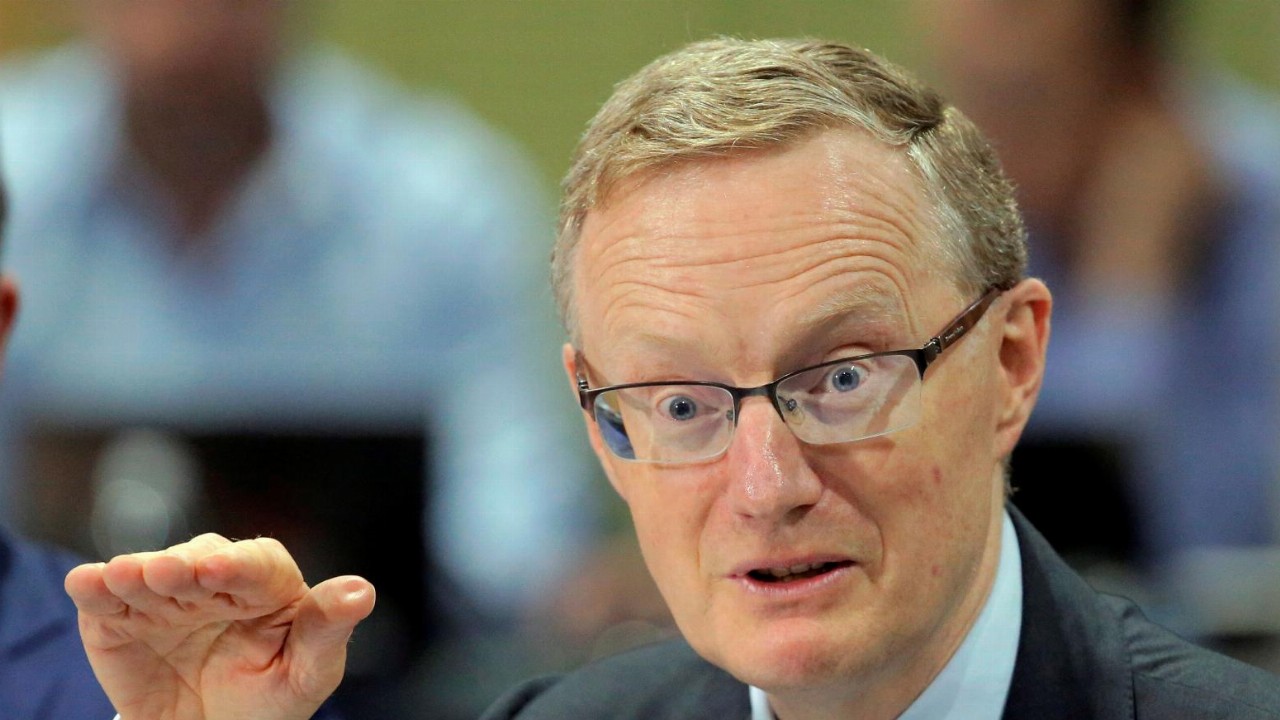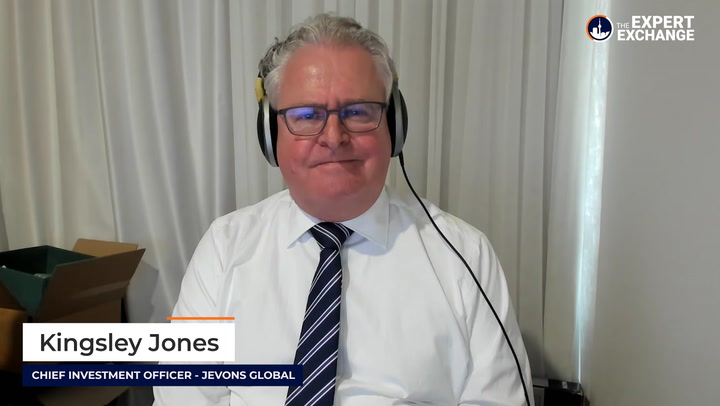- The Reserve Bank of Australia has today held the cash rate at its record low of 0.1 per cent but said it would end its $350 billion bond-buying program in less than two weeks
- Final bond purchases will be made on February 10, but RBA Governor Philip Low said this did not imply a near-term increase in interest rates
- He says the RBA is committed to maintaining its “highly supportive” monetary conditions to see a return to full employment and an inflation rate between 2 and 3 per cent
- Mr Lowe says the call to end its bond-buying program early follows a review of the actions of other central banks around the world
- The RBA forecasts GDP growth of around 4.25 per cent over 2022 and 2 per cent in 2023, supported by household and business balance sheets that are “generally in good shape”.
The Reserve Bank of Australia has today held the cash rate at its record low of 0.1 per cent but said it would end its $350 billion bond-buying program in less than two weeks.
The move was largely in line with analyst expectations as the Australian economy, while certainly impacted by the Omicron outbreak, continues to surpass expectations.
Reserve Bank Governor Philip Lowe said in a statement despite the end to its bond-purchasing activity, the central bank was committed to maintaining its “highly supportive” monetary conditions with the aim of seeing a return to full employment in Australia and an inflation rate within the RBA target of between 2 and 3 per cent.
“Ceasing purchases under the bond purchase program does not imply a near-term increase in interest rates,” Mr Lowe said.
“As the board has stated previously, it will not increase the cash rate until actual inflation is sustainably within the 2 to 3 per cent target range.”
He added that while inflation has certainly picked up, it was too early to determine whether or not it was sustainably within the target range.
“There are uncertainties about how persistent the pick-up in inflation will be as supply-side problems are resolved,” Mr Lowe said
The RBA gave no indication as to when it may decide to raise interest rates.
Mr Lowe said the call to end its bond-buying program early, with final purchases to be made on February 10, followed a review of the actions of other central banks around the world — many of which have recently made similar announcements.
It’s likely the RBA is determined to curb inflation before it gets out of control, lest Australia faces the same kind of consumer price hikes seen across the United States since Omicron became the dominant strain of COVID-19.
The US Federal Reserve has admitted it misdiagnosed rising inflation in 2021 as “transitory”, and the American central bank is now scrambling to reign inflation back under control. While Australia’s economic situation is, of course, not entirely comparable, inflation fears have dominated global markets for much of 2022.
The latest Australian Consumer Price Index (CPI) data showed inflation hit 3.5 per cent in the December quarter. Mr Lowe said inflation picked up “more quickly” than the RBA had expected, but it still remained lower than in many other countries.
He cited high petrol prices, higher prices for new homes, and global supply chain disruptions as the key drivers of Australian inflation.
“In underlying terms, inflation is 2.6 per cent,” Mr Lowe said.
“The central forecast is for underlying inflation to increase further in coming quarters to around 3.25 per cent, before declining to around 2.75 per cent over 2023 as the supply-side problems are resolved and consumption patterns normalise.”
Meanwhile, the Australian labour market has recovered strongly, with unemployment declining to 4.2 per cent in December.
Looking ahead, the RBA forecast GDP growth of around 4.25 per cent over 2022 and 2 per cent in 2023, supported by household and business balance sheets that are “generally in good shape”.
“The Omicron outbreak has affected the economy, but it has not derailed the economic recovery,” Mr Lowe said.
“The Australian economy remains resilient and spending is expected to pick up as case numbers trend lower.”








